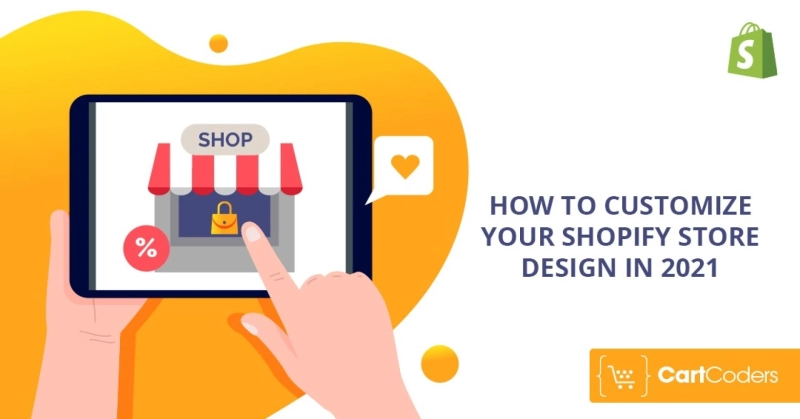How To Customize Your Shopify Store Design In 2021
Suppose if you want to sell some hardware equipment online. You didn’t like any of the e-commerce platforms available, so you created your own. Now ...


Suppose if you want to sell some hardware equipment online. You didn’t like any of the e-commerce platforms available, so you created your own. Now ...

